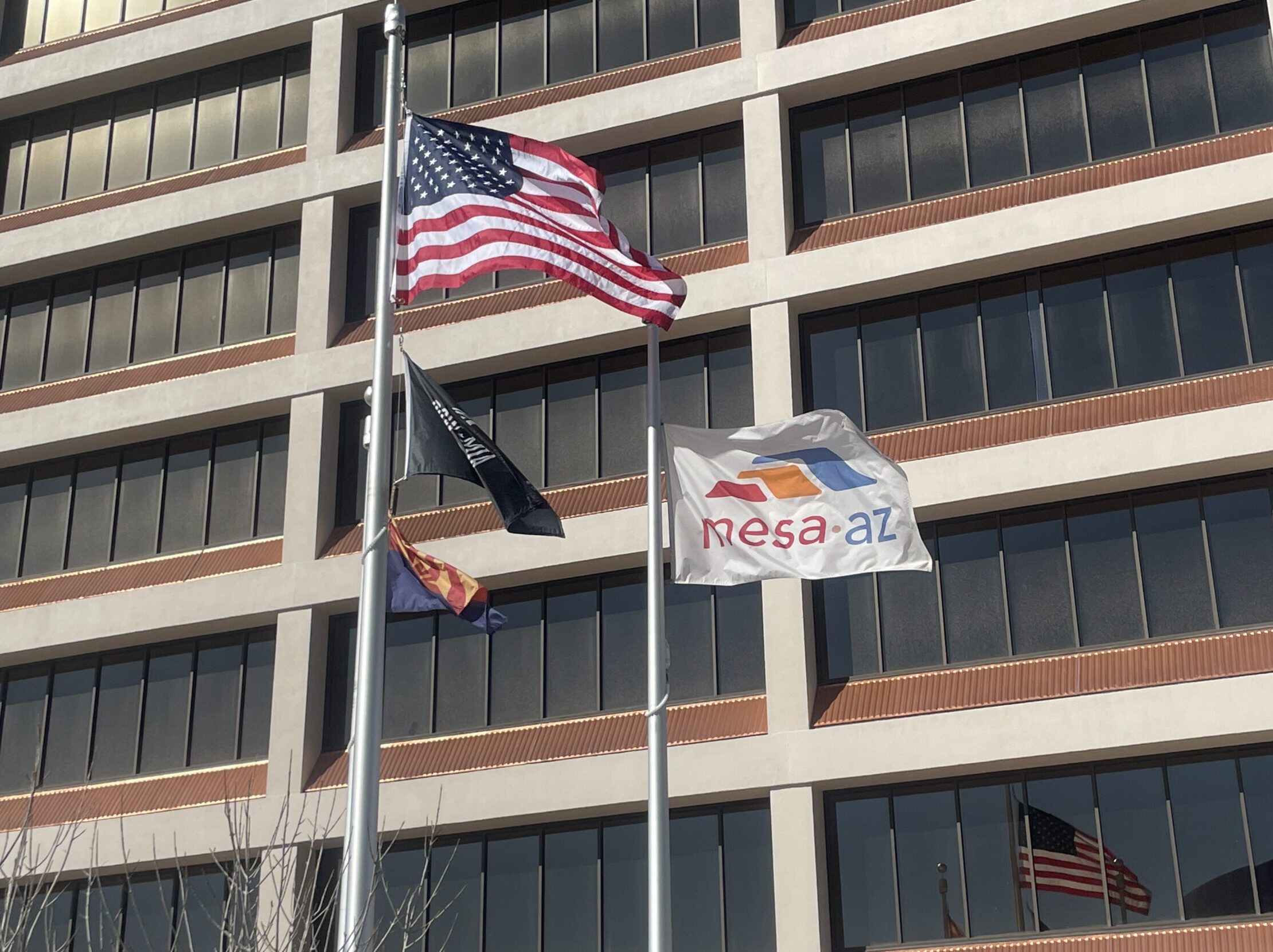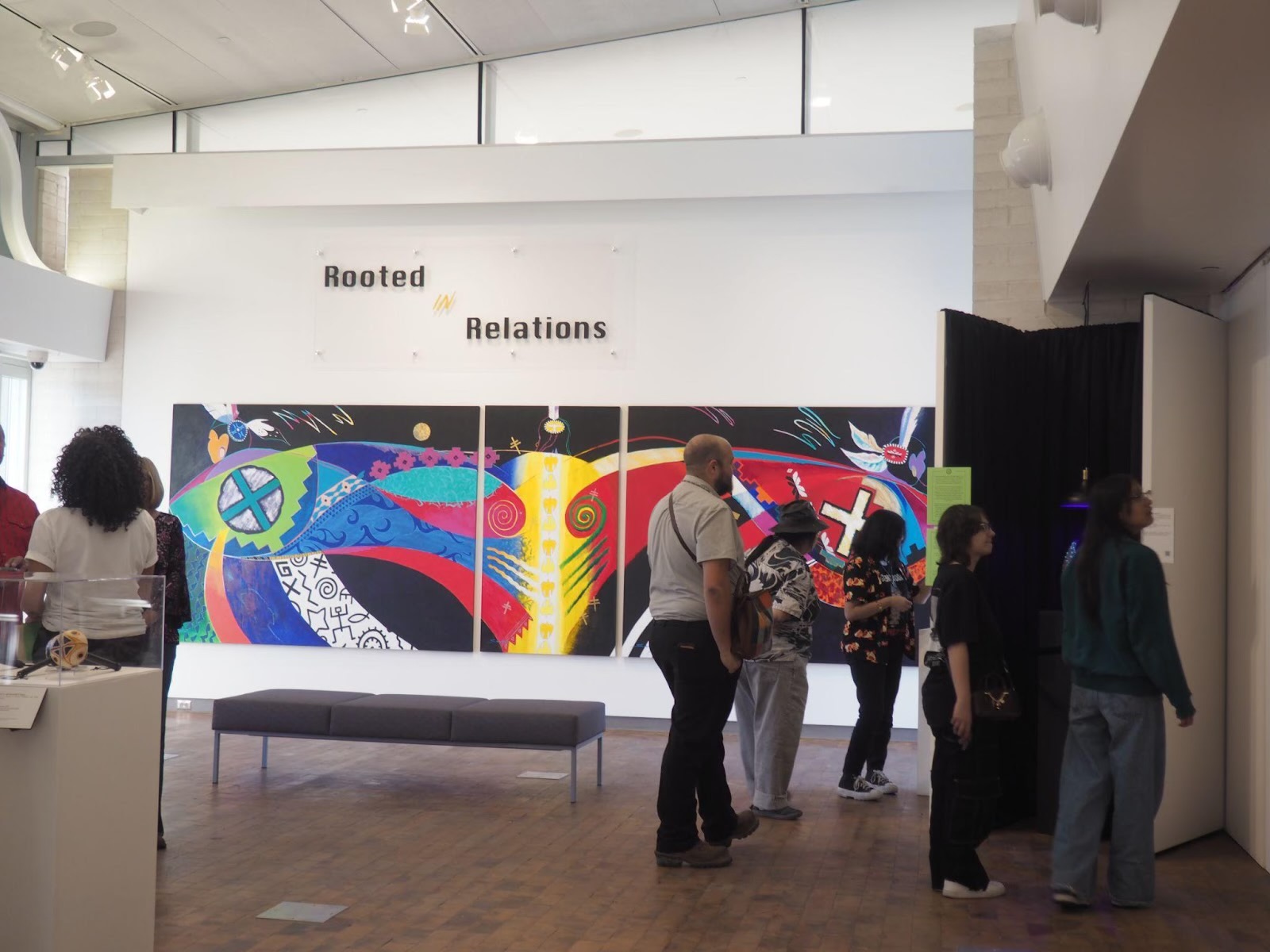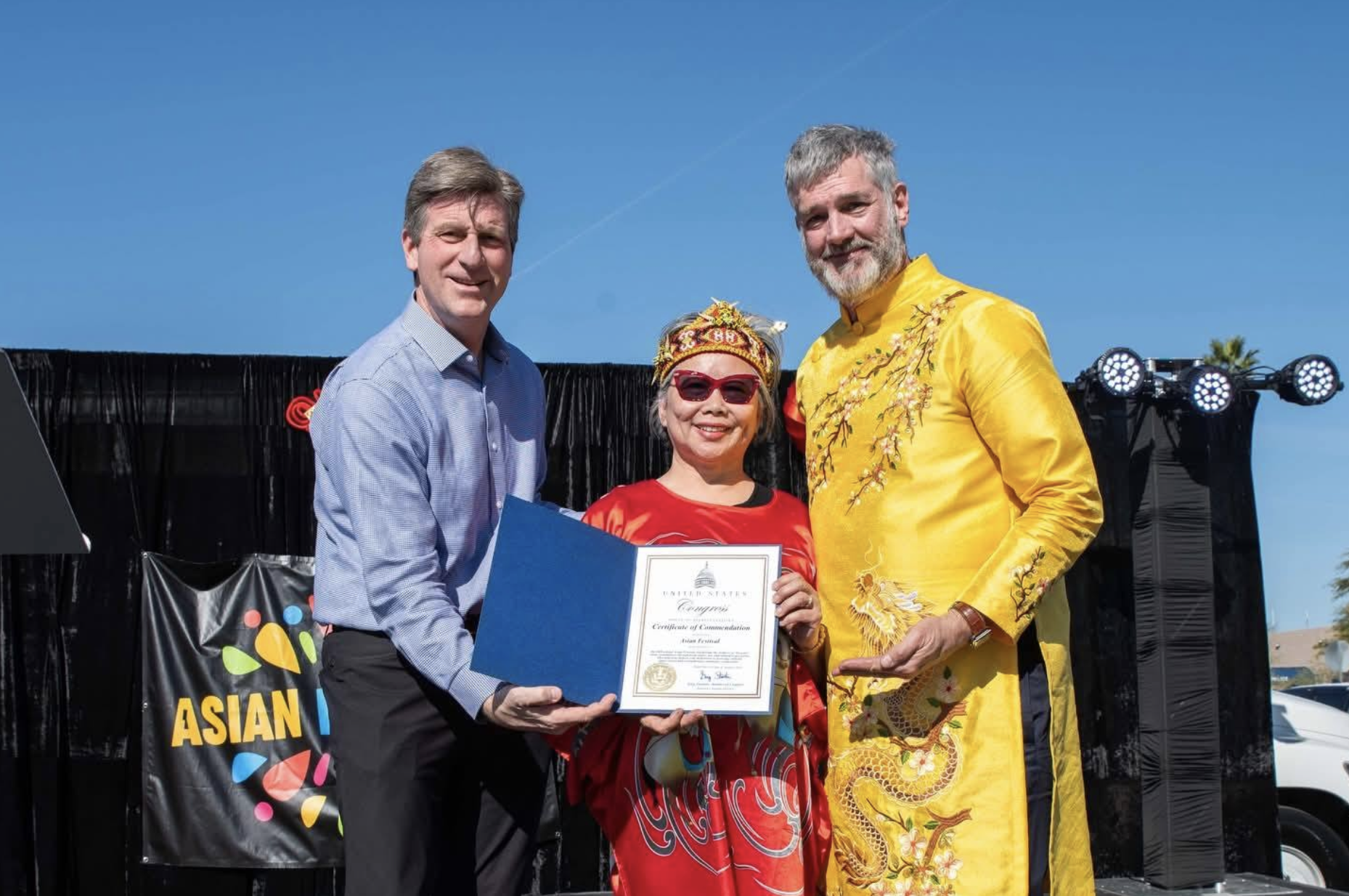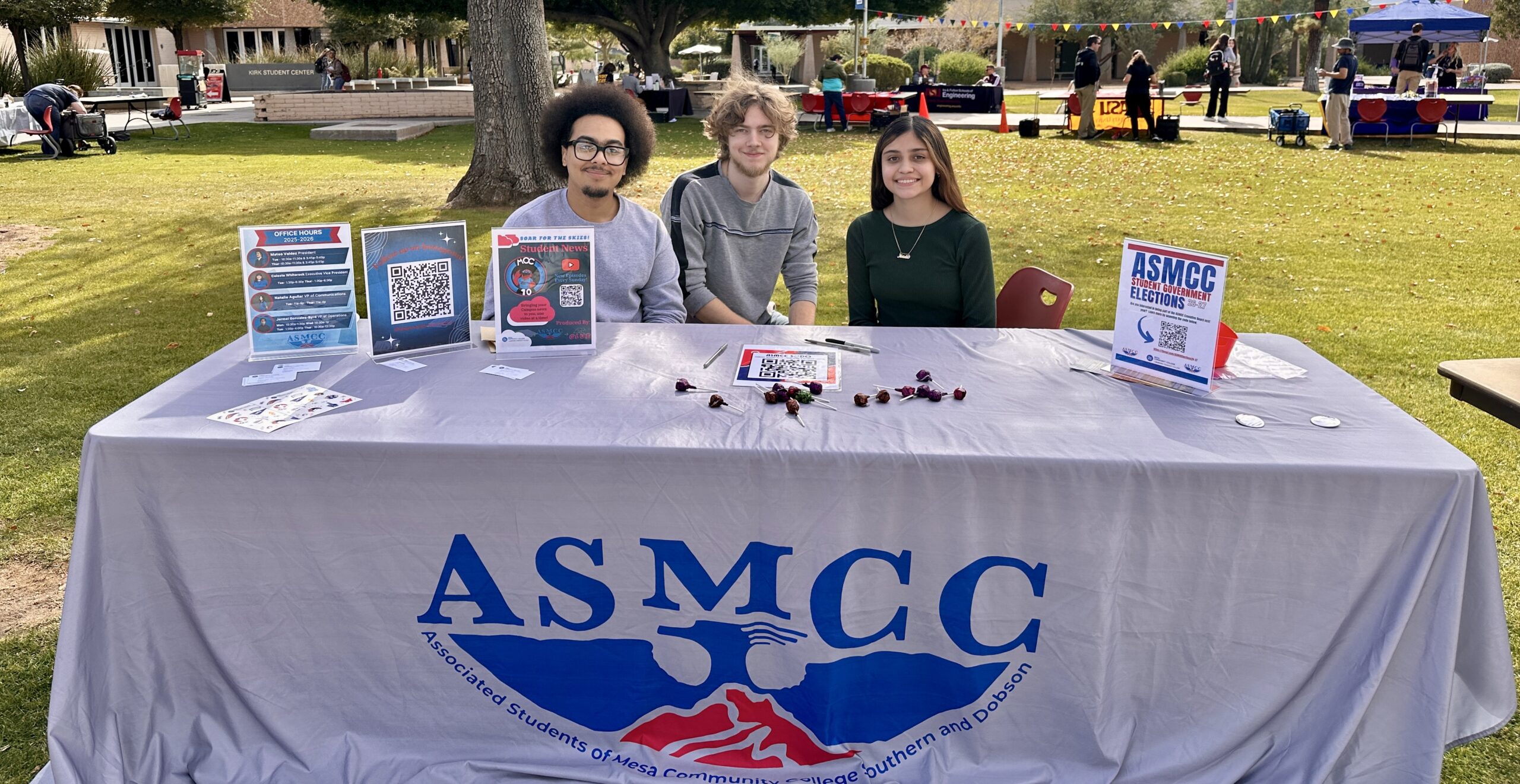United Food bank partners with MCC
Provides fresh fruits and vegetables to needy students
Sydney Ritter
Mesa CC Legend
On January 24, Mesa Community College (MCC) teamed up with United Food Bank to distribute fresh produce and bread, for free, to students, staff, and faculty. This distribution is the first of its kind. While MCC has always had free food for it’s student population, being able to give out fresh fruits and vegetables for free is a new and great way to feed the students in a healthier way. “[The food distribution] is an excellent way to offer students some fresh food,” said Twanna Anderson, manager of program services at United Food Bank. “Students are hungry and once it was explained to me that [the students] are not apart of your parents household and you’re kind of on your own now and most of them can’t really have those really have those high paying and healthy items and they’re hungry.”
Anderson and her team were at MCC for only an hour but the food supply had been taken by almost every student that passed by, so much so that they ran out of food before the hour was over. Anderson is already planning on bringing over more food the next time they come to MCC. “We will be there to support you all in anyway that we can and helping to provide food that is accessible everyday of the week that you’re there,” Anderson added. 60 emergency food boxes will be prepared for students who plan to bring them home to their families or to use for their own daily lives.
Times for the food markets will be concurrent with students getting out of their classes, but for students who are not able to grab a box of their own can contact Associated Student of MCC (ASMCC) so a box can be saved for them. Outside of MCC, the United Food Bank offers the “Help Yourself Program” to households with limited resources the ability to obtain fresh and healthy foods. Each week families and individuals can purchase through the United Food Bank’s Co-op, pre-assembled food bags contained foods from frozen meats to fresh produce and fruits.
While the United Food Bank only plans on being at MCC once a month, MCC has their own market, the Mesa Market, for students to come by and grab whatever food, clothing and hygiene products they are in need of. The Mesa Market is MCC’s food pantry that includes clothing, toiletries and food that ranges between small snacks and microwavable meals. Any MCC student with a school issued ID is allowed to get 10 items a week from the food pantry. Student Services Director for Student Affairs, Kris Bliss, overlooks the facility. “I know if you’re hungry you cannot focus on the work that you need to do. You just can’t. It’s Maslow’s hierarchy of needs, the first thing you need to take care of is food and shelter and if those things aren’t taken care of then you won’t be able to focus on and pay attention to what’s next,” said Bliss. “That’s the whole intent for both the Mesa Market and our food distribution is to make sure that your bellies are full, or full enough, that you can pay attention and really be successful in all of your classes.”
While the need for food is always high and the need is being met more than ever now, this is not the first time MCC has been a distributor of fresh foods. The Sustainable Agriculture program at MCC has been growing their own crops on campus for semesters now. Program Director of the Urban Horticulture Applied Sciences and Technology Department, Peter Condon, started the program when he started noticing a trend that students became more interested in food production and becoming self-sustaining. “[The students] are learning to grow plants intensively with well thought out crop rotations and plants that they know people are going to buy or plants that restaurants need,” Condon explained. When MCC had more land available for agriculture, the school had an Agro-Business program, but that program wasn’t as successful as some may had hoped.
Condon saw the decline and decided to revamp the Agro-Business program. The school was given a grant from the Environmental Protection Agency (EPA) in 2014. This grant was written as an environmental education model and thus the Sustainable Agriculture program was born again. With help from the grant, new courses were developed and marketed. An Aquaponics course, a first of its kind in the state of Arizona, along with five acres of land were created as a result. The program has hosted a farmers market in the past and Condon has plans on bringing it back. First, every other week and then weekly, with whatever food left over given away to food banks such as United Food Bank and Paz de Cristo.
“I would like to work with [United Food Bank]. Last year we started working a lot with Paz de Cristo, and before that we were mainly giving to United Food Bank, so we’ll have to see. It’s food that is grown by students so whoever needs it, gets it,” Condon said. Condon also explained that the Mesa Market was not the only place that student can obtain food. In the Technology building (TC50) there is a stand-up cooler full of crops grown by the students in the Sustainable Agriculture building that is packed and stored for students to purchase. “We take some of the stuff we grow, package it and they’ll all be a dollar, two dollars and people can help themselves and give the money to our department secretary,” Condon said. Wherever you are at MCC, there is a place to get food for a few dollars or for nothing at all. The faculty and staff at MCC want to see their students thrive and to do that, they first have to start with a good meal.









